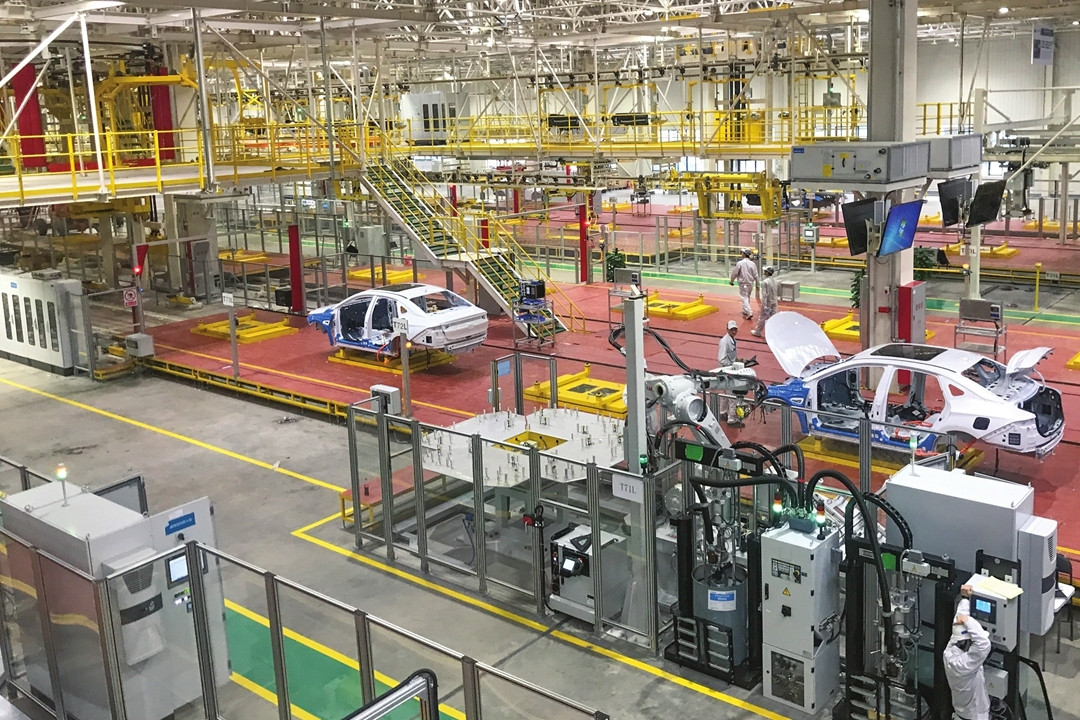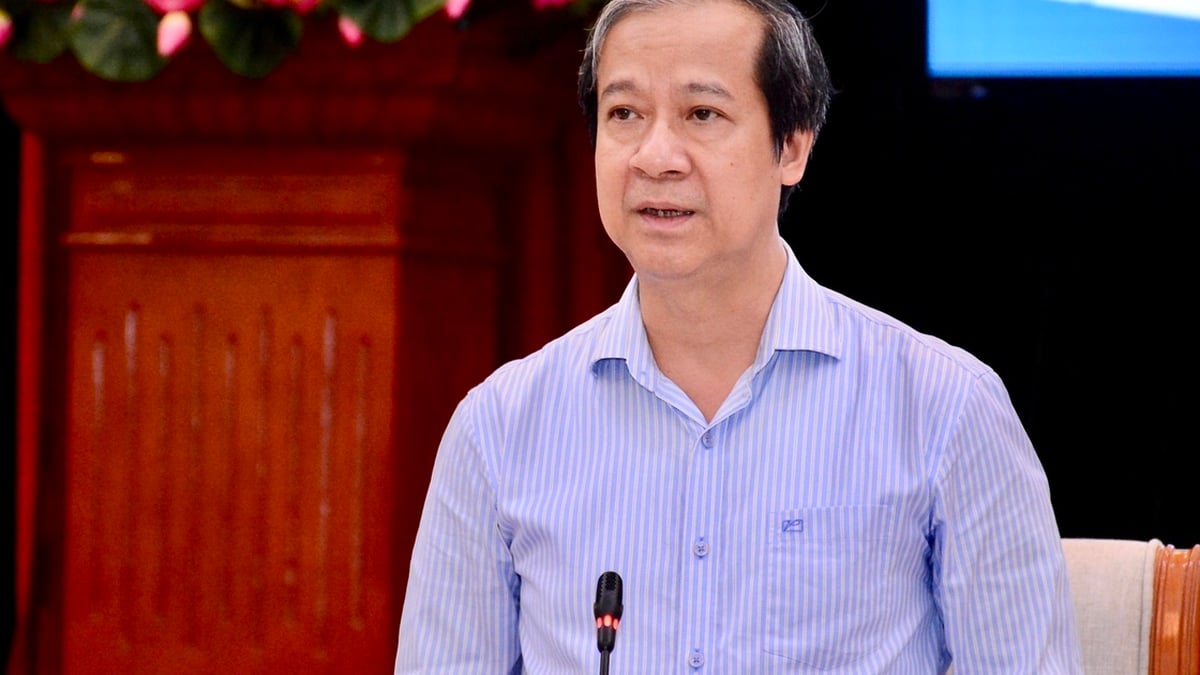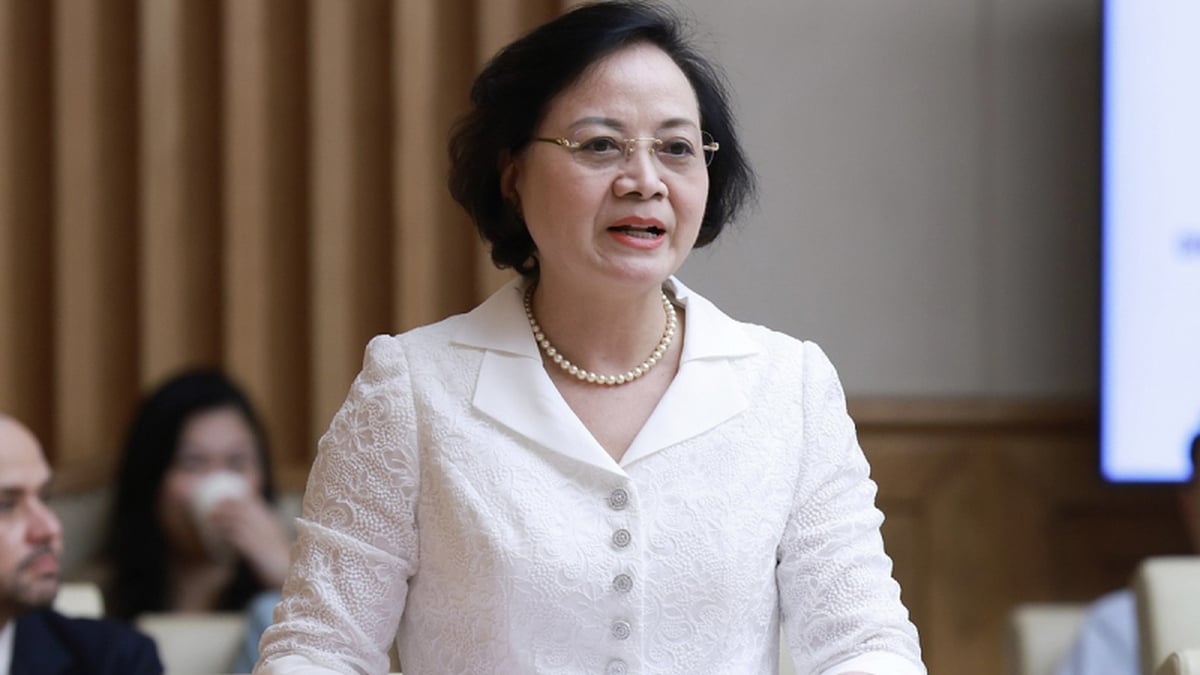Intel is expected to receive $6.8 billion in government support for its new semiconductor plant in Magdeburg, but it wants around €10 billion due to higher energy and construction costs.
In an interview with the Financial Times, Minister Lindner said he opposed the increase. “There is no extra money in the current budget. We are trying to consolidate the budget at the moment, not expand it,” he said.

Intel’s project is the largest foreign investment in postwar German history, and is key to plans to double the EU’s share of the semiconductor market from less than 10% today to 20% by 2030. Some German government officials, including Economy Minister Robert Habeck, think Berlin must match the massive level of support from the US administration in the CHIPS and Science Act, in which the US pledged $52 billion to boost domestic semiconductor production.
But German economists argue the aid is a waste of taxpayer money, and there are also concerns that Germany’s ambition to reduce its reliance on Asian suppliers is a pipe dream given the complexity of the chip industry’s supply chain.
Intel's demands have divided the German government, according to the Financial Times. Chancellor Olaf Scholz and Habeck are said to be open to increased financial support, based on signs that Intel could increase its overall investment in the plant.
But Lindner objected, saying he “doesn’t like subsidies.” He said he would resist increasing Intel’s support, even if the company wanted to expand the project.
This month, the economy minister told reporters that while the government prioritizes the Intel project, “subsidies are always paid for by taxpayers, so we have to think carefully.” Any funding for Intel would also require EU approval under the bloc’s rules.
Intel declined to comment on Lindner's views, saying only that there was a large cost gap and that the company was working with the government to address it.
Responding to suggestions that the government could support Intel by selling cheap electricity, Lindner said “there are several options being considered” but that the cabinet had not yet made a decision. “But in terms of budget, we have reached our limits,” he added.
(According to FT)

Source


































































































Comment (0)